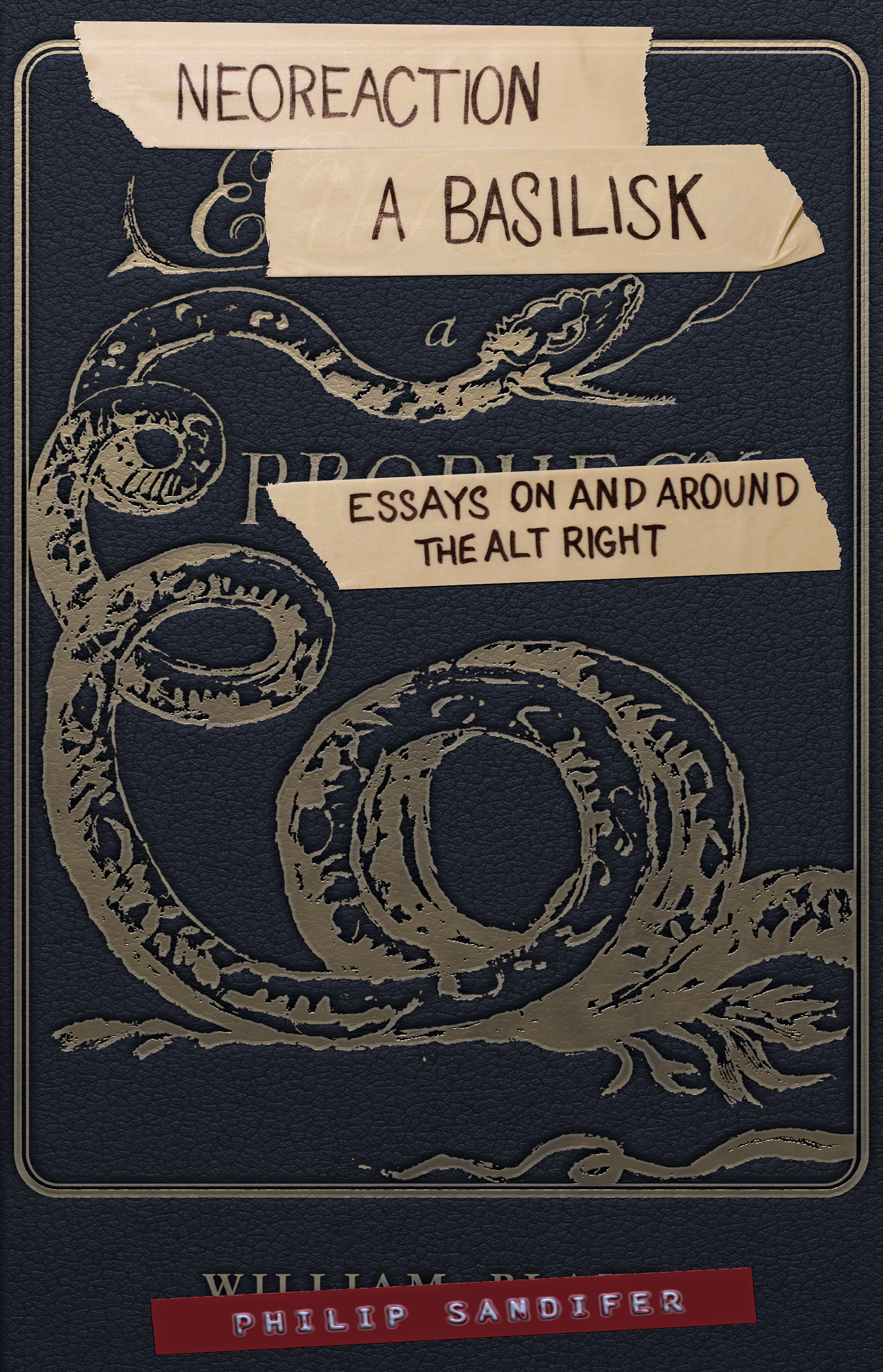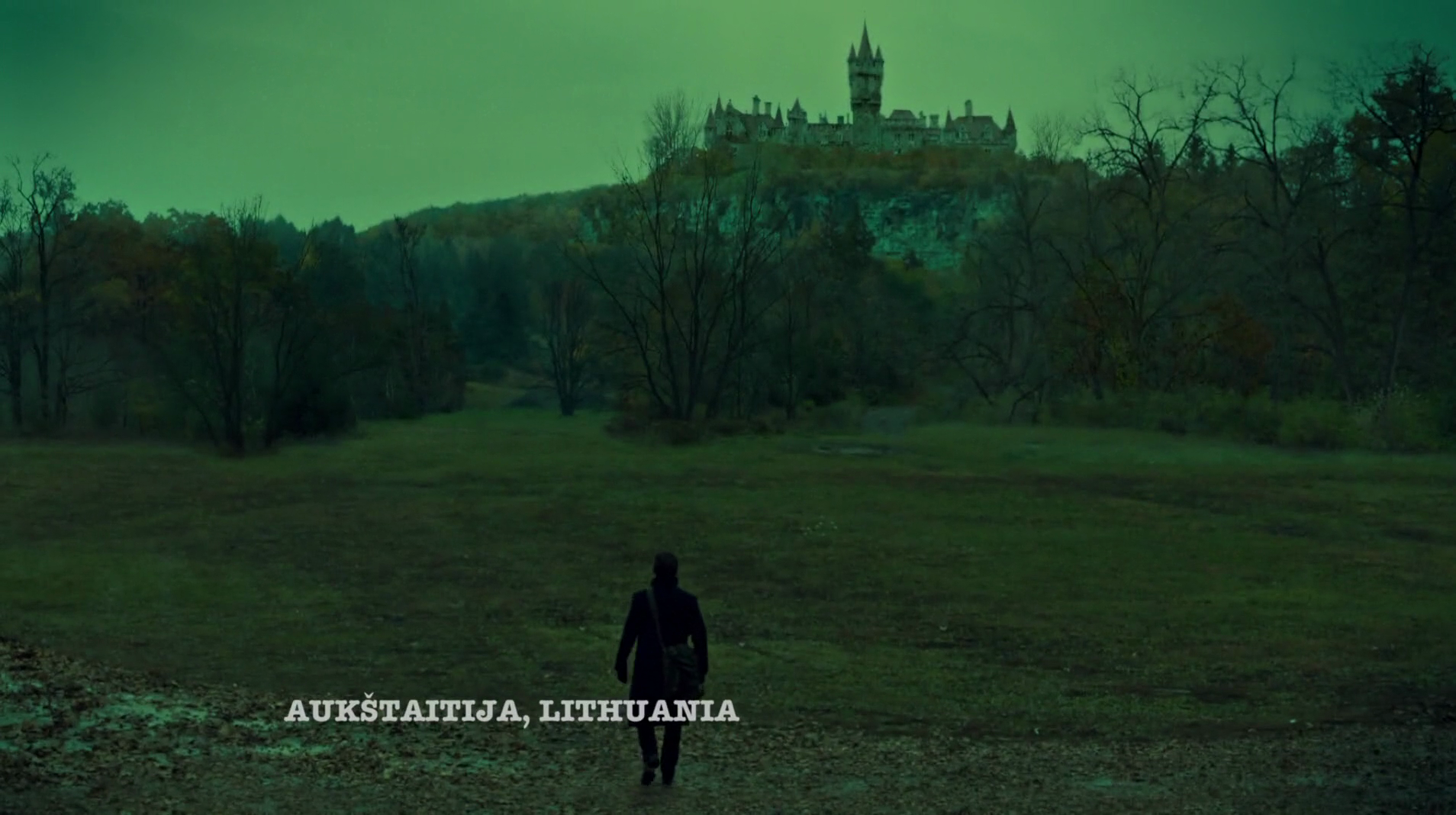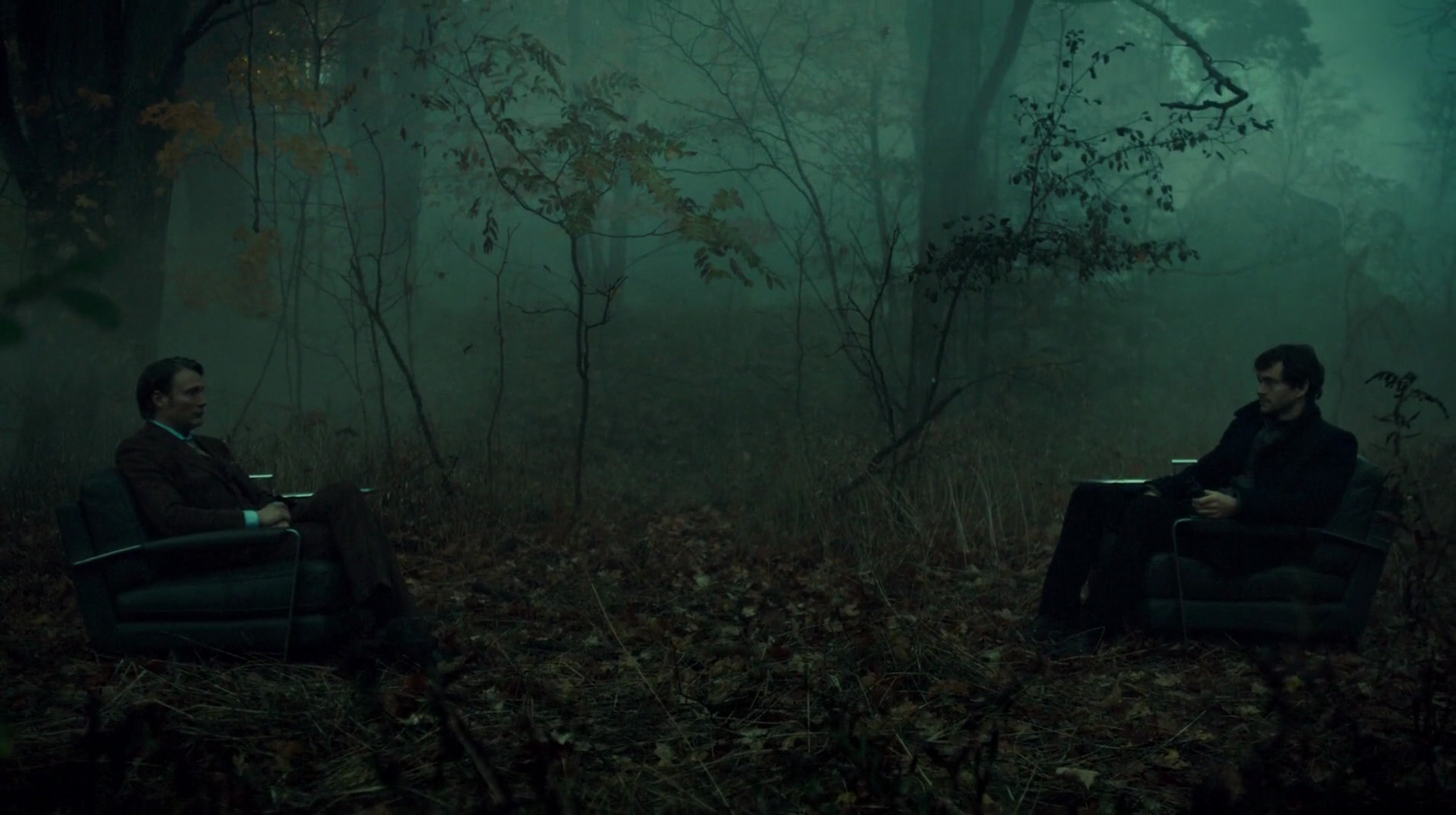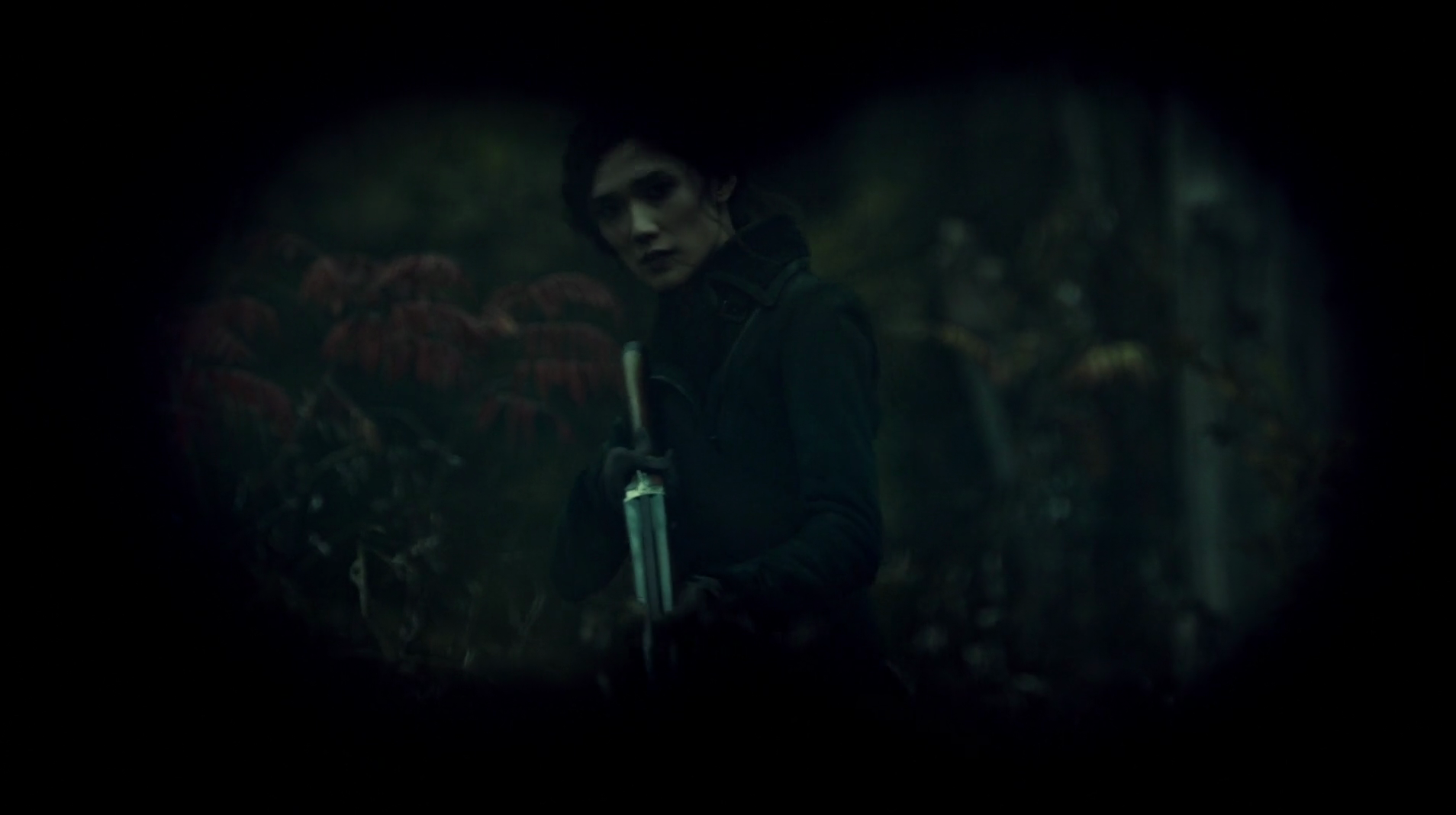The Annual Eruditorum Press Post-Holiday Ebook Sale
It’s Boxing Day, which means it’s time for me to put a bunch of ebooks on sale at Smashwords. In all cases, just apply the coupon code at checkout to get your discount. All sales run through New Year’s.
We’ll start with the marquee sale, which is not so much a sale as a giveaway. Guided by the Beauty of Their Weapons, my anthology on science fiction and fascism, is available for free. You can get that with the coupon code SG29J.
I’ve also got my brand new book on the alt-right, Neoreaction a Basilisk, on a modest sale of $3.99 with the coupon code FB25Q.
Next up, both of my books on comics are available for $2.99. That means both Volume 1 of The Last War in Albion, my history of the magical war between Alan Moore and Grant Morrison, and A Golden Thread, my history of Wonder Woman.
The Last War in Albion Volume 1: TF24X
A Golden Thread: GT47P
And finally, our bread and butter, the TARDIS Eruditorum series, my critical history of Doctor Who, is all on sale for 50% off, reducing the price of each book to $2.50. Here those are with their codes.
Volume 1: William Hartnell: JD46W
Volume 2: Patrick Troughton: EE66K
Volume 3: Jon Pertwee: YV88T
Volume 4: Tom Baker and the Hinchcliffe Years: ZR36Q
Volume 5: Tom Baker and the Williams Years: RM69K
Volume 6: Peter Davison and Colin Baker: MG49Q
Most of those are available in all ebook formats, but a couple are, for whatever reason, only in epub format. If you need those in another format, there are numerous book conversion services online, though the best results will probably come from feeding the book through Calibre. If you need help, drop me an e-mail (snowspinner at gmail) and I can probably get you sorted, but it’s honestly not hard and I have faith in you.
Thanks so much for another year of support. We’ve got lots of exciting stuff planned for 2018, including the Capaldi era of TARDIS Eruditorum (the Patreon is now at $301, so that’s a go starting in March, though it still needs to get to $350 to have all the Pop Between Realities and the like) and the return of Last War in Albion. Happy holidays to all, and thanks again.…
The Proverbs of Hell 30/39: Aperitivo
 Check back tomorrow for the annual Eruditorum Press ebook sale, and Wednesday (probably later in the day) for my Twice Upon a Time review.
Check back tomorrow for the annual Eruditorum Press ebook sale, and Wednesday (probably later in the day) for my Twice Upon a Time review.
APERITIVO: The Italian equivalent of the apéritif, i.e. a before dinner drink. Eagle-eyed readers may note that this is the fourth episode of the season. The joke (and it’s a solid one) is that we’ve finally flashed back to answering what actually happened in the wake of “Mizumono,” and so this is the chronological first episode of the season. Hannibal – for all your highbrow narrative/Italian menu structure gags.
MASON VERGER: Are you wearing makeup? How long does it take you to put on your face in the morning?
DR. CHILTON: Now that I’ve got the routine down, no time at all.
MASON VERGER: Tell you what. You show me yours and I’ll show you mine.
There is something trolling about revealing Chilton’s fate from “Yakimono” before getting to Alana. Unfortunately, taken in the context of the general problems Alana has as a character, it feels vaguely mean-spirited, with Alanna being treated as an object of peril in a way that Will, Jack, and Abigail were not. Still, reintroducing Chilton opposite Mason Verger and having them bond over facial disfigurement is a nice touch.
Mason Verger, recast as Joe Anderson. The fact that his makeup is dramatically different to begin with does a decent job of masking the recasting, although Anderson is inclined to play the part with more subdued menace than Michael Pitt’s more over the top perverse relish.
The first appearance of William Blake in Hannibal. He’ll come up again soon. The painting is the Ancient of Days, and is the frontispiece to Europe a Prophecy. The figure within is Urizen, Blake’s mad demiurge of tyrannical reason. This appears to be a bespoke version of the image held at the Whitworth Art Museum in Manchester, which they suggest dates from the end of Blake’s life. (Blake did late-career versions of most of his major works with particularly ornate and detailed coloring, although the Whitworth’s version is frankly inferior to the one in Copy K of Europe a Prophecy.)
The detail of Mason owning the artwork is faithful to Hannibal, where it’s described as a “a passable print” that is nevertheless draped in black to mourn the passing of Mason’s father. Harris (or perhaps simply Starling within the book) mis-identifies it as “God measuring with his calipers,” but who’s counting? If one assumes a thorough bit of reasoning for this detail, it would point towards Verger’s role as a deranged puppetmaster attempting to control events, though to be perfectly honest it’s a pretty weird detail.
…DR. CHILTON: How do you relieve the agony of waiting for Dr. Lecter’s capture? What do you fantasize about? I wonder what would happen if Hannibal Lecter was in your hands.
MASON VERGER: I worry we’re heading into territory not secured by your fee. I think I need to look elsewhere for someone to tend to my emotional well-being.
Chill Out, Hayek! – Part 2
Also, don’t forget you can now buy Phil’s new book Neoreaction a Basilsik (featuring a chapter I contributed to) on Kindle and in dead tree format (Amazon US, Amazon UK). It’s a more enjoyable read than Hayek. Fucking trust me on this.
*
Hayek’s position on Chile, and on reactionary authoritarianism generally, is the dollfussian logic of Mises working itself out, i.e. the Left makes a kind of temporary recuperative fascism necessary. Mises developed this view when collaborating with the anti-Nazi and anti-Communist ‘Austro-fascist’ Dollfuss.
None of the assumptions are especially non-mainstream – which tells us something terrifying about the mainstream – but Hayek synthesises them, accepts their implications in a principled (yes, in his own vile way he is principled) and non-opportunistic way, and takes them to their logical conclusions. If liberty is threatened by democracy leading to socialism leading to totalitarianism (Nazism being socialism too according to Dollfuss and Mises et al – another argument we still live with) then you need authoritarianism to quash democracy when it goes too far. We’ve already seen Hayek adapting the ideas of (ironically) Carl Schmitt to this end. And Hayek is employing the same distinction between totalitarianism and authoritarianism which provides a moral logic to those ideologues of Western imperialism who advocate supporting ‘strongmen’ against official enemies. It’s the same logic that leads Kissinger and Nixon and the CIA to support Pinochet. And this is just one of many examples. Ironically, it also leads to the same rhetoric that advocates ‘humanitarian intervention’ against (sometimes) the same strongmen when they outlive their usefulness. It’s an ancestor of the arguments of Bush II and the Schmittian-Straussians, of Bernard Henri-Lévy and the ‘Nouveaux Philosophes’, of Hitchens and the New Atheist Islamophobes and the ‘Decent Left’. ‘Islamofascism’, etc. Imperial praxis, in other words. How ironic that the great philosophers of libertarianism provide a ideological bedrock for the wars libertarisns so often to profess to oppose.
Hayek is not the cause of such praxis, but he’s a synthesizer of it, and his syntheses then feed back in as ideology. And the ideology arises from the economic system, hence the axiomatic and foundational belief in the identity of capitalism and liberty. The class nature of the ideology is clear when you remember that Hayek lambasted left-wingers who were prepared to countenance the idea of ‘temporary’ suspensions of democracy as ‘stages’ towards socialism, etc. Particularly egregious, since he justifies his own support for dictatorship by calling it a necessary transitional phase. But there isn’t actually any hypocrisy here. He sees it as fundamentally different to support a tyranny for capitalism than a tyranny for socialism, and he’s right. In its way this is just a recognition of the often-forgotten fact that politics has content as well as form. And he’s right that authoritarianism is necessary to support capitalism. It always has been. Capitalism has always depended upon state violence and the suppression of democracy. Again, the irony. The philosophy of free-market anti-statism reveals how capitalism and the authoritarian state are inextricable.…
Rule of the Jungle Ashcan 1: Solstice
The Proverbs of Hell 29/36: Secondo
 SECONDO: The heavier of the two main courses, typically meat-based. This is in no way a heavier or more substantive episode than “Primavera,” so do what you want with that.
SECONDO: The heavier of the two main courses, typically meat-based. This is in no way a heavier or more substantive episode than “Primavera,” so do what you want with that.
BEDELIA DU MAURIER: Forgiveness is too great and difficult for one person. It requires two: betrayer and betrayed. Which one are you?
HANNIBAL: I’m vague on those details.
BEDELIA DU MAURIER: Betrayal and forgiveness are best seen as something more akin to falling in love.
HANNIBAL: You cannot control with respect to whom you fall in love.
Bedelia is recapitulating Bella with her account of forgiveness. Hannibal does not notice this, which speaks to his overall state: Hannibal is sullen, withdrawn, and even pouty here – his “I’m vague on those details” feels like an admission of weakness unlike anything we’ve really seen from him before. It is not quite an admission of regret for “Mizumono,” but there is a clear sense that Hannibal feels as though his response was in some way disproportionate or rash.
BEDELIA DU MAURIER: You’re going to get caught. It’s already been set into motion.
Bedelia glimpses the Aristotlean unities underpinning Hannibal’s reality.
Every season of Hannibal has an early episode that works according to a narrative logic unlike the rest of the series; “Œuf” in Season One, and “Hassun” in Season Two. “Secondo” joins them, putting Hannibal in contact with the classically and unreconstructed gothic. Unlike “generic cop show” and “legal thriller,” this is actually a genre collision with deep roots in Hannibal’s DNA, as opposed to things with deep roots in the NBC primetime schedule.
I groused last week that Will’s “conjuring ghosts” was a thread that was insufficiently pulled on. This, however, where he conjures an imaginary Hannibal to serve as his interlocutor, is clearly a variation on the tendency. But Hannibal is the object of Will’s pursuit – in a normal version of “Will does the crime scene thing,” Hannibal would be the role he steps into. This thus lies somewhere between conjuring up Abigail to accompany him and his usual practice, a reflection of and commentary on the peculiarity of Will and Hannibal’s relationship.
WILL GRAHAM: The spaces in your mind devoted to your earliest years… are they different than the other rooms?
WILL GRAHAM: Are they different than this room?
HANNIBAL: This room holds sound and motion, great snakes wrestling and heaving in the dark. Other rooms are static scenes, fragmentary…
A rare quote from Hannibal Rising, which is entirely appropriate given that this episode is basically the show’s one big concession towards adapting that book. That doing so should produce the seasonly “out of genre” episode speaks volumes about this late contribution to the ouvre, apparently written purely so that Dino De Laurentiis wouldn’t have his own Hannibal Lecter origin piece written. (Fuller himself has suggested he views it as having a slightly more lowly canonical status, noting that he knows the other three Lecter books far better than Hannibal Rising.)
Even to a knowledgeable reader, the discovery of a young Asian woman with a rifle on the Lecter estate is not quite what one would expect, doubly so because it’s not Lady Murasaki, who goes entirely unmentioned in this episode (although she was alluded to in “Kaiseki”).…
WWA Footnote #4 (Daniel and Jack): Writing About the Right
 So, as you might be aware, Phil’s new book Neoreaction a Basilisk is for sale in various formats, available from all good evil corporations that treat their employees like slaves:
So, as you might be aware, Phil’s new book Neoreaction a Basilisk is for sale in various formats, available from all good evil corporations that treat their employees like slaves:
And in EPUB form at Smashwords.
I was proud to contribute something to one of the new essays in the book, the one about the Austrian school, entitled ‘No Law for the Lions and Many Laws for the Oxen is Liberty’. I’ve recently been publishing off-cuts from what I wrote for that essay here at this site, and will continue to do so. If only because they fill up Fridays.
Today, however, you’re getting a podcast featuring me chatting with Daniel Harper.
It’s another Wrong With Authority Footnote, and in it Daniel and I chat about the Right, and about the fact that both of us have been researching them and writing about them recently – Daniel for a forthcoming project he’s cooking up which will be brilliant when it finally lands. I, of course, talk a bit about the Austrians essay for Neoreaction a Basilisk already mentioned.
By the way, my Patreon sponsors got this ages ago. They’re also getting my weekly posts early and exclusive access to long sections cut from the final form of the Austrians essay. There’s no tier structure at the moment. Give me a dollar a month and you get access to everything.
While at Wrong With Authority, you might want to also try our other recent episodes (if you haven’t already). There’s the first episode of our new ‘Consider the Reagan’ strand, in which we do commentaries on the movies of the 80s that formed us. Episode One is about Back to the Future. And there’s our episode about the one year Trumpaversary.
Also, I just hit 1K Followers on Twitter, which was nice. As a celebration, I’m asking people to send me questions. If I get enough interesting ones, I’ll do some sort of roundup of answers, either as an essay or a podcast. Please don’t leave them here as I’d like to keep them private before they get answered. Send them to me in DMs on Twitter. I’m @_Jack_Graham_.
…
Hyrule Haeresis 9
 And so it begins once again. And so it ends.
And so it begins once again. And so it ends.
The stargazers tell us that when we look deep into the Night Sky, were are looking back in Time. Even at the speed of light, we can only see the stars as they once were, not as they are now. Hence, when we cast our gaze Skyward, we peer into our past.
It is always in Faroff Heaven where we seek our Origin. The foundational myth any state tells itself is of the separation between Earth and Heaven, because those in power cannot maintain it through divine right if the divine is accessible to anyone. And the Origin Story is always the tale which explains to us why the world is the way that it is. Our Natural Order issued to us from an aloof and distant land in a time so long ago it cannot be changed any longer. When Heaven is removed from us Heaven becomes banal. Or perhaps another Lament for a lost Golden Age, lost so long ago it might as well have been in Heaven? Some stories tell us how to get along with each other or how we might learn something of the nature of other living things. Some stories are alive themselves, giving us advice befitting our joint lives right now. What is the lesson you take from the story of your own creation?
Sometimes the entire world changes in a single moment, like the shifting winds, and a new Reality is born.
This is the real story of what happened with the Nintendo Wii. Although not created explicitly to compete with the Microsoft XBOX, its closest analog, the Nintendo GameCube had sat comfortably alongside it and the Sony PlayStation 2 for half a generation (Factor 5, Nintendo’s shield-sister, had in fact requested the GameCube to be a more competitively powerful console, and helped co-develop it). And this had been the tradition: While the Famicom had been more or less in a class of its own, the Super Famicom had been created as a direct response to the SEGA Mega Drive (or rather, the Genesis, as North America was the true stage for that conflict) and there was much more parity between the Nintendo 64 and PlayStation than people wanted to admit. And while the GameCube had struggled, the larger concern was that video games were becoming far too exclusive. Fewer people played video games overall than in decades past, and many people who used to play played no longer. So it was decided by both former president of Nintendo Hiroshi Yamauchi and then-current president Satoru Iwata that the GameCube’s successor would push inclusivity, approachability and accessibility above all else.
Nintendo decided to cut costs for both them and their users by effectively recycling and updating the technology used in the Nintendo GameCube and, after seeing a promising pitch for motion-sensitive video game controllers inspired by flight simulation from Gryration, Inc., the Wii’s final design and ethos was crystallized. Gyration had tried to pitch the concept to Nintendo’s competitors first, but had been literally laughed at.…
Neoreaction a Basilisk: Book Launch
 Proverbs of Hell will return next week.
Proverbs of Hell will return next week.
Eruditorum Press is pleased to announce the publication of Neoreaction a Basilisk, my new collection of seven essays about the alt-right and the end of the world. A book of insane philosophy for our insane world, Neoreaction a Basilisk asks what the left can and should do in the face of literally apocalyptic defeats. Equal parts menacing horror philosophy and snarky humor, Neoreaction a Basilisk is less a roller coaster ride than a runaway train plummeting straight off a cliff and into a strange and tenebrous abyss beyond human comprehension. While making fun of right-wing assholes. And Eliezer Yudkowsky. In other words, exactly the book you need to make sense of 2017.
It’s currently available in a variety of formats. All with a typically brilliant cover by James Taylor, who took the DIY cover of the Kickstarter editions and classed it up a bit while retaining the basic aesthetic. Anyway, you can get it at these links:
EPUB: Smashwords.
It’s also available in a variety of other national iterations of Amazon, and I trust you to find it there.
If I may brag (and what else is a book launch for), this is the best book I’ve ever written. Honestly, it could be the best book I ever write. It feels like the sort of thing one never outright tops. And I’m OK with that. But if you like my work, I cannot recommend this one highly enough. If you know people who you think might like weird and funny books about politics, I cannot recommend buying them this book enough.
And either way, *please, please, please* spread the word about it. Word of mouth marketing is what I have. Your tweets about the book matter. Your Facebook posts about the book matter. Your wandering naked down the middle of the street late at night screaming “buy Neoreaction a Basilisk” at passing cars matters and I hope that you get the psychological help you obviously need (but feel free to cover another block or two first). And if you’ve got a site where you’d run a review of it, please let me know and I’ll get you sorted with a review copy. If you’d like me to appear on your podcast or do an interview, please let me know and I’d be happy to. I want to get this book out to as many people as I can, and I am tremendously grateful for any help you can offer.
I’ll save a detailed writers notes for the $5+ Patrons, but I’ll give a quick overview of the seven essays.
Neoreaction a Basilisk: The title essay, previously published in a variety of Kickstarter-exclusive editions. This is the famous book I accidentally wrote – an exploration of Eliezer Yudkowsky, Mencius Moldbug, and Nick Land that starts from the premise “let us assume that we are fucked” and proceeds to careen through as mad a collection of topics as I possibly could.…
Chill Out, Hayek! – Part 1
 In The Reactionary Mind, Corey Robin claimed – drawing on Naomi Klein and Greg Grandin – that Hayek “admired Pinochet’s Chile so much that he decided to hold a meeting of his Mont Pelerin Society in Viña del Mar”, the seaside resort in Chile where General Pinochet’s CIA-assisted military coup against the democratically elected left-wing government of Salvador Allende was planned. This claim was denounced on Twitter as “made up” by none other than ‘@FriedrichHayek’ himself! (Probably just a fan rather than the man himself resurrected and tweeting… as usual, Hayek’s admirers simply deny his complicity with the Chilean junta, when they can’t get away with just neglecting to mention it. As Robin discovered, they have lots of excuses – he was an old man at the time, etc – all of which turn out to be so much bad faith when you look at them.) Checking, Robin discovered that it is more accurate to say that Hayek attended the meeting where the decision to hold the MPS’s 1981 conference in Viña del Mar was made and, at least, did not oppose it. His position in the Society was still prestigious enough that, at the very least, an objection from him would carried a lot of weight. No such objection seems to have been forthcoming. And indeed, we’re being scrupulously fair to the point of charity by even being this circumspect. Nothing in Hayek’s behaviour suggests he would’ve been likely to object.
In The Reactionary Mind, Corey Robin claimed – drawing on Naomi Klein and Greg Grandin – that Hayek “admired Pinochet’s Chile so much that he decided to hold a meeting of his Mont Pelerin Society in Viña del Mar”, the seaside resort in Chile where General Pinochet’s CIA-assisted military coup against the democratically elected left-wing government of Salvador Allende was planned. This claim was denounced on Twitter as “made up” by none other than ‘@FriedrichHayek’ himself! (Probably just a fan rather than the man himself resurrected and tweeting… as usual, Hayek’s admirers simply deny his complicity with the Chilean junta, when they can’t get away with just neglecting to mention it. As Robin discovered, they have lots of excuses – he was an old man at the time, etc – all of which turn out to be so much bad faith when you look at them.) Checking, Robin discovered that it is more accurate to say that Hayek attended the meeting where the decision to hold the MPS’s 1981 conference in Viña del Mar was made and, at least, did not oppose it. His position in the Society was still prestigious enough that, at the very least, an objection from him would carried a lot of weight. No such objection seems to have been forthcoming. And indeed, we’re being scrupulously fair to the point of charity by even being this circumspect. Nothing in Hayek’s behaviour suggests he would’ve been likely to object.
Hayek had already been to Pinochet’s Chile – a laboratory for the experimental free-market neoliberalism of Milton Friedman and the ‘Chicago Boys’ – in 1977 to receive an honorary degree, and to lecture. Hayek spoke to the public and, says Robin, to “businessmen and government officials, including Pinochet himself”.
He described the leaders of Chile under Pinochet as “educated, reasonable, and insightful men”.
The admiration was mutual. Robin uncovered subsequent letters to Hayek from his hosts, business academics who were also high-ranking people in the junta, fawning over Hayek, telling him how influential his ideas were in their country, including in high circles, and proposing that the MPS hold their 1981 meeting in Chile.
To quote from the Austrians essay, to be included in Phil’s forthcoming Neoreaction a Basilisk:
…And so it came to pass. Numerous luminaries of conservatism, free-market fundamentalism, and the dawning neoliberal counter-revolution attended. They hobnobbed with the top brass and the big bankers of Pinochet’s dictatorship, along with the regime’s fellow-traveller intellectuals. They enjoyed the opera. They drank wine. They pontificated about the much-maligned land of Chile, and – like any starry-eyed communist fellow-traveller of the 30s who’d just visited the Soviet Union and taken care to look at it only through the slim gaps between their fingers – they came away convinced that they’d glimpsed utopia. A utopia in which thousands of political dissidents had been, and continued to be, ‘disappeared’ into a grotesque, institutionalised system of state-run torture, rape, and murder. Not that the MPS people denied the tyranny.






